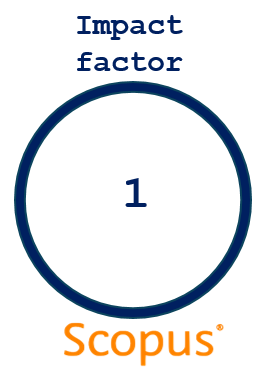ACTA Pharmaceutica Sciencia
2024 , Vol 62 , Num 3
Impact of structured patient education provided by clinical pharmacist on disease prognosis, adherence and quality of life in Type 2 Diabetes patients: An interventional study
1 Bezmialem Vakif University, Institute of Health Sciences, Department of Clinical Pharmacy, İstanbul, Türkiye2 Istanbul University-Cerrahpasa, Faculty of Pharmacy, Department of Clinical Pharmacy, İstanbul, Türkiye
3 Bezmialem Vakif University, Faculty of Pharmacy, Department of Clinical Pharmacy, İstanbul, Türkiye
4 Bezmialem Vakif University, Faculty of Medicine, Department of Internal Medicine, İstanbul, Türkiye
DOI : 10.23893/1307-2080.APS6242 Viewed : 4023 - Downloaded : 1296 Type II Diabetes Mellitus (TIIDM) is a metabolic disease characterized by hyperglycemia. Patient adherence to treatment is important for the success of treatment and quality-of-life (QoL). This study aimed to evaluate the effect of patient education provided by a clinical pharmacist (CP) on treatment adherence, QoL, and disease prognosis. In this prospective pre-post intervention study, patients aged 18-65 years who applied to the Internal Medicine Outpatient Clinic of a university hospital in Istanbul and used SGLT-2 inhibitors for the treatment of type 2 diabetes in the last 24 months were included. The benefits of patient education provided by a CP to adherence and QoL was investigated. Adherence was measured by the Medication Adherence Report Scale (MARS) and QoL by EuroQol 5D-3L. As a result of the 6-month prepost intervention, patient education provided by CP had positive effects on adherence, QoL, weight, and body mass index (p=0.038). Although HbA1c decreased, changes in fasting blood glucose, lipid profile, and blood pressure were not statistically significant. Following intervention, treatment adherence increased (p=0.012), along with an improvement in QoL (p=0.013). The contribution of CP in enhancing adherence and treating TIIDM was beneficial. Keywords : clinical pharmacy, diabetes mellitus, patient education, treatment adherence, quality of life





